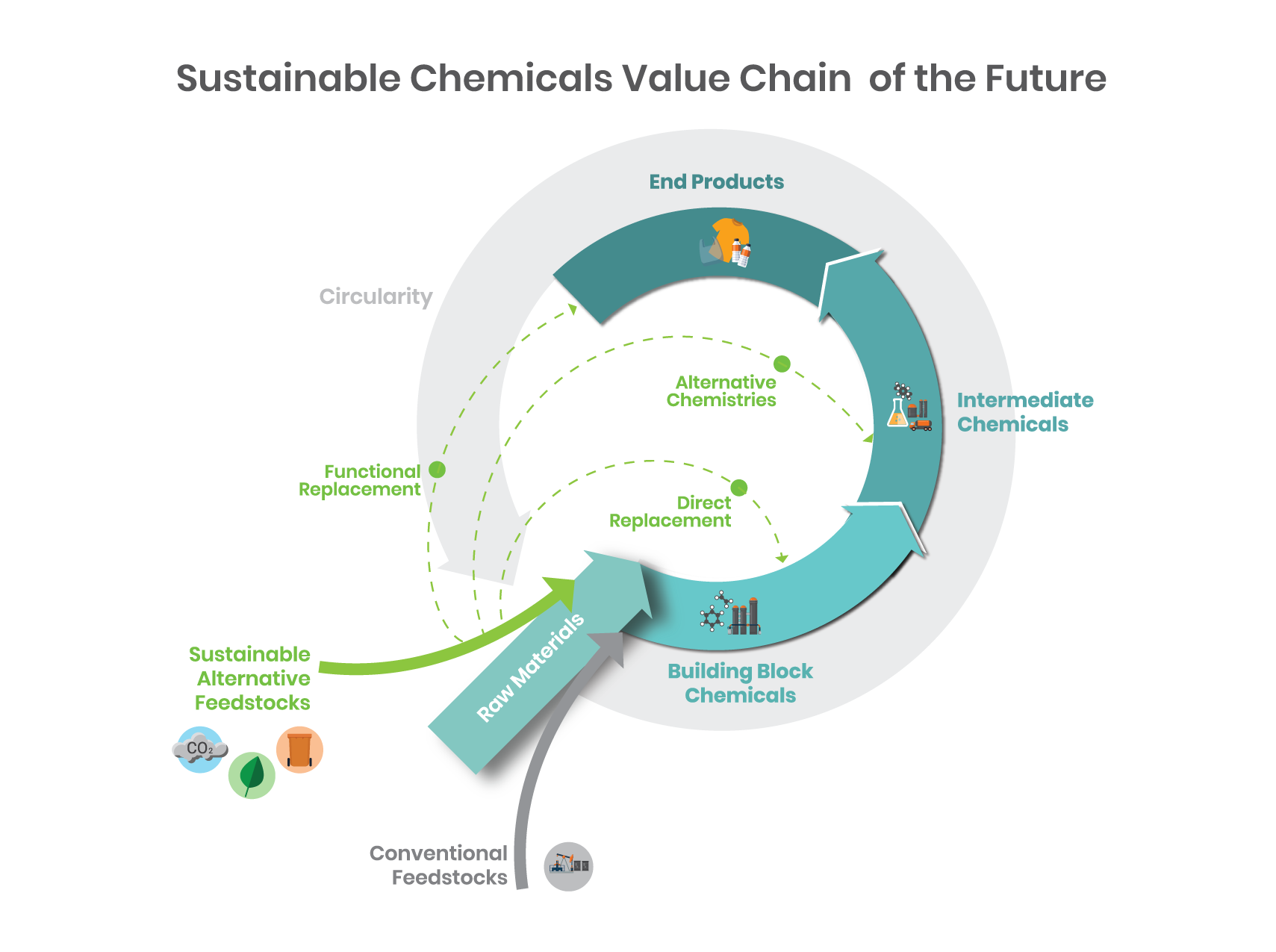Just How to Guarantee Conformity When Utilizing Chemical Products in Your Procedures
Secret Factors To Consider for Choosing the Right Chemical Products to Achieve Reliable Integrated Solutions in Your Operations
Choosing the ideal chemical products for incorporated options in operations requires a complex strategy that incorporates different vital considerations. From examining chemical compatibility to making certain adherence to regulative requirements, each aspect plays a pivotal function in optimizing operational effectiveness and safety and security. Moreover, reviewing environmental impacts and vendor dependability can not be ignored in this elaborate decision-making procedure. As organizations strive to improve their techniques, the interplay of these components raises essential concerns regarding ideal practices and prospective mistakes that merit more exploration.
Comprehending Chemical Compatibility

To review compatibility, one need to think about factors such as the chemical properties of the substances included, consisting of pH, concentration, temperature, and the presence of impurities. Making use of compatibility charts and data sources can provide valuable understandings into prospective communications. Furthermore, carrying out small examinations can aid identify unanticipated reactions that may not be recorded.
Furthermore, understanding the ecological conditions in which the chemicals will certainly be stored or utilized is important. Variables such as moisture, light exposure, and temperature level can influence the security and sensitivity of chemical products. By focusing on chemical compatibility during the option process, companies can improve operational effectiveness, reduce the threat of crashes, and ensure compliance with safety procedures. Eventually, an informed strategy to chemical compatibility is foundational for keeping safe and effective functional settings.
Evaluating Regulative Conformity
In the complicated landscape of chemical item choice, assessing regulatory compliance is vital to making certain not just safety but additionally lawful adherence. Organizations must navigate a myriad of guidelines, from neighborhood and nationwide regulations to international standards, that govern the usage, storage, and disposal of chemical compounds. This needs a complete understanding of appropriate laws such as the Occupational Safety and Health Management (OSHA) standards, the Epa (EPA) standards, and the European Union's Enrollment, Analysis, Authorisation and Restriction of Chemicals (REACH)
When selecting chemical products, it is essential to verify that distributors offer Security Data Sheets (SDS) that detail potential risks and managing requirements. Additionally, companies need to validate that the chemicals adhere to industry-specific guidelines, which may impose added specifications. Non-compliance can bring about extreme charges, consisting of fines and functional shutdowns.
Additionally, organizations need to stay upgraded on regulative changes, as non-compliance can emerge from obsolete techniques. Creating a robust compliance technique, including normal audits and employee training, can aid make sure adherence to existing regulations. Eventually, prioritizing regulative conformity not just minimizes threat but also enhances the organization's track record and functional performance.
Assessing Environmental Impact
How can organizations successfully examine the environmental effect of chemical items during the selection procedure? Organizations must start by recognizing the prospective dangers associated with each chemical, consisting of toxicity, persistence in the setting, and bioaccumulation capacity.
Furthermore, companies can take advantage of third-party certifications and eco-labels that suggest conformity with environmental standards - Chemical Products. Involving with suppliers who prioritize sustainability methods can also boost the option process. It is vital to analyze not only the straight effects of chemical usage but additionally the indirect influences, such as energy usage and waste generation
Applying life process evaluation (LCA) methods can offer extensive insights into the environmental impact of chemical items, highlighting locations for renovation. By prioritizing transparency and cooperation with stakeholders, organizations can make educated choices that line up with their sustainability objectives while minimizing damaging environmental end results. This proactive approach inevitably promotes a much more responsible and eco-conscious operational framework.
Evaluating Cost-Effectiveness
While assessing chemical products for functional use, organizations need to also think about cost-effectiveness as a crucial aspect in the choice helpful resources procedure. This involves examining not only the initial purchase price however likewise the complete price of possession, which consists of variables such as use effectiveness, upkeep, and disposal prices. Chemical Products. A product that appears inexpensive upfront might sustain higher costs in power consumption or call for even more frequent replacement, ultimately affecting the lower line
In addition, companies need to examine the potential for expense financial savings with enhanced solutions that improve efficiency and reduce waste. For circumstances, products that need lower application prices or use faster handling times can result in substantial cost savings with time. It is likewise crucial to think about the influence of regulatory compliance prices, as non-compliance can cause fines and enhanced operational costs.
Furthermore, organizations must evaluate the lasting value stemmed from the chemical products, consisting of boosted top quality, increased performance, and boosted security. A detailed cost-effectiveness evaluation equips companies to make educated choices that line up with both their economic goals and functional goals, inevitably bring about sustainable and effective methods.
Identifying Vendor Integrity
Provider dependability is paramount when picking chemical items for procedures, as my link it straight affects both item high quality and operational performance. A trustworthy vendor regularly delivers premium items on time, guaranteeing that your processes continue to be nonstop.
Next, take into consideration the supplier's history of compliance with laws and criteria. A credible distributor needs to have a robust quality control program that sticks to industry guidelines. In addition, review their ability to offer technological assistance and item details, which is essential for notified decision-making.

Verdict
In conclusion, picking the proper chemical items for integrated remedies necessitates an extensive assessment of numerous critical aspects. Recognizing chemical compatibility, ensuring regulatory compliance, evaluating environmental effects, evaluating cost-effectiveness, and recognizing top article reliable suppliers jointly add to notified decision-making.